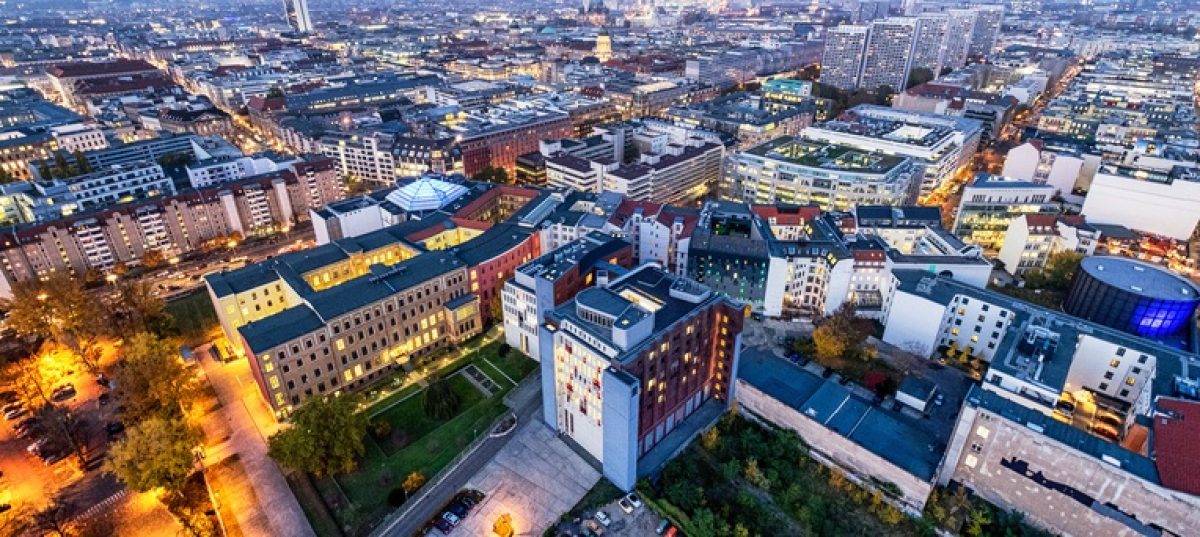Katherine Ellsworth-Krebs introduces her forthcoming BRI paper: ‘Integrated framework of home comfort: relaxation, companionship and control’, co-authored with Louise Reid and Colin J. Hunter.
Home comfort is a common term, often associated with cuddling family, smells of familiar meals, and having a place to call your own. In building research and policy, the meaning of home comfort is undoubtedly essential to questions of health (e.g. ensuring physical and mental wellbeing are afforded by an individuals’ housing situation), social equality (e.g. determining what constitutes a minimum standard of living), and sustainability (e.g. resources consumed to fulfil visions of the desirable home life). Nonetheless, most investigation of occupant satisfaction assumes comfort to be purely physical and to mean thermal comfort, missing much broader social, psychological and sensory desires of home.
In the past decade, Building Research and Information has been an excellent platform for discussion of the meaning of comfort in buildings, including four special issues on the topic (‘Comfort in a Lower Carbon Society’ (2008); ‘Adaptive Comfort in an Unpredictable World’ (2013); ‘Counting the Costs of Comfort’ (2015); and ‘Rethinking Thermal Comfort’ (2017)). Indeed, numerous studies, including some in this journal, have demonstrated the symbolic, psychological and sociological aspects of thermal comfort, and suggested that there is more to the evolution of homes than the pursuit of thermal comfort. This new paper advances these debates by bringing together home and housing scholarship to conceptualise the findings of a qualitative study exploring householders’ understanding of home comfort.
The paper reviews existing literature on comfort and home to inform the development of a broad framework of home comfort. The literature on comfort is largely dominated by engineering and building scientists framing comfort in a purely physical way. Consequently, we also explore common findings from studies explicitly on home comfort as well as wider literature on home and homemaking. Combined with the results of an empirical study with 45 Scottish householders, in which twelve co-existing meanings of home comfort were commonly identified, we argue that home comfort is relaxation and wellbeing that results from companionship and control to manage the home as desired.
Shifting attention onto the desire for relaxation, companionship and control in the home moves beyond commonly imagined interventions to ensure housing quality related to temperature, air quality, noise levels, lighting, and energy efficiency. Subsequently, this re-conceptualisation of comfort has important implications for
- Health – encouraging opportunities for personalisation, often constrained in rental and transitory housing may also be an opportunity for improving occupant’s wellbeing that goes beyond ensuring they are sufficiently warm.
- Social equality – increases in new housing stock are undermined by increasing numbers of households, which is not simply due to an increase in population. Researchers and policy makers could design interventions that target systemic changes in society affecting access to housing, such as how best to design and for, and market the benefits of, co-habiting (e.g. soundproofing may improve home comfort as much or more than increasing the size of a home).
- Sustainability and climate change – trends in house and household sizes are significant determinants of energy demand per capita and are related to changes in family structures and globalisation, which influence shared expectations of the space per person ‘needed’ to facilitate comfortably sharing the home with others.
Last year ‘coincided with a fascination, bordering on obsession, with the Danish concept of hygge’, a term often translated to ‘cosiness’ in English and generally associated with the home. There is much to be gained by embracing a wider definition and understanding of what constitutes comfort. It is time for building researchers and policymakers to include these emotional, social and cultural expectations that are significant to individuals’ wellbeing and experience of housing.
![KEK 2017 photo[2]](https://bricommunity.files.wordpress.com/2018/01/kek-2017-photo2.jpg?w=200&h=133) Katherine Ellsworth-Krebs is a Lecturer in Sustainable Development at the University of St Andrews. She has written about domestic energy and living with microgeneration technologies; investigating how lifestyle expectations influence, and are influenced, by the physical features of the home. Her work aims to bring the wealth of home scholarship to energy and building studies, see for instance ‘Home-ing in on domestic energy research: ‘house’, ‘home’ and the importance of ontology’ with Louise Reid and Colin Hunter.
Katherine Ellsworth-Krebs is a Lecturer in Sustainable Development at the University of St Andrews. She has written about domestic energy and living with microgeneration technologies; investigating how lifestyle expectations influence, and are influenced, by the physical features of the home. Her work aims to bring the wealth of home scholarship to energy and building studies, see for instance ‘Home-ing in on domestic energy research: ‘house’, ‘home’ and the importance of ontology’ with Louise Reid and Colin Hunter.
ORCID number: 0000-0003-3098-1498
